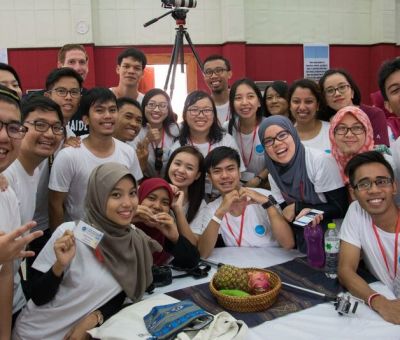
Paving a Way for the Next Generation: 2023 Interna…
From Kenya to Ukraine and beyond, democracies are on the frontlines in the war against disinformation and corruption on every…
Uganda has been governed by the same party and president since 1986, and the country’s civil society and independent media are subject to harassment and violence from state authorities. IRI works with civil society, political parties, parliament, and other stakeholders in Uganda to promote accountable and transparent democratic processes and institutions.
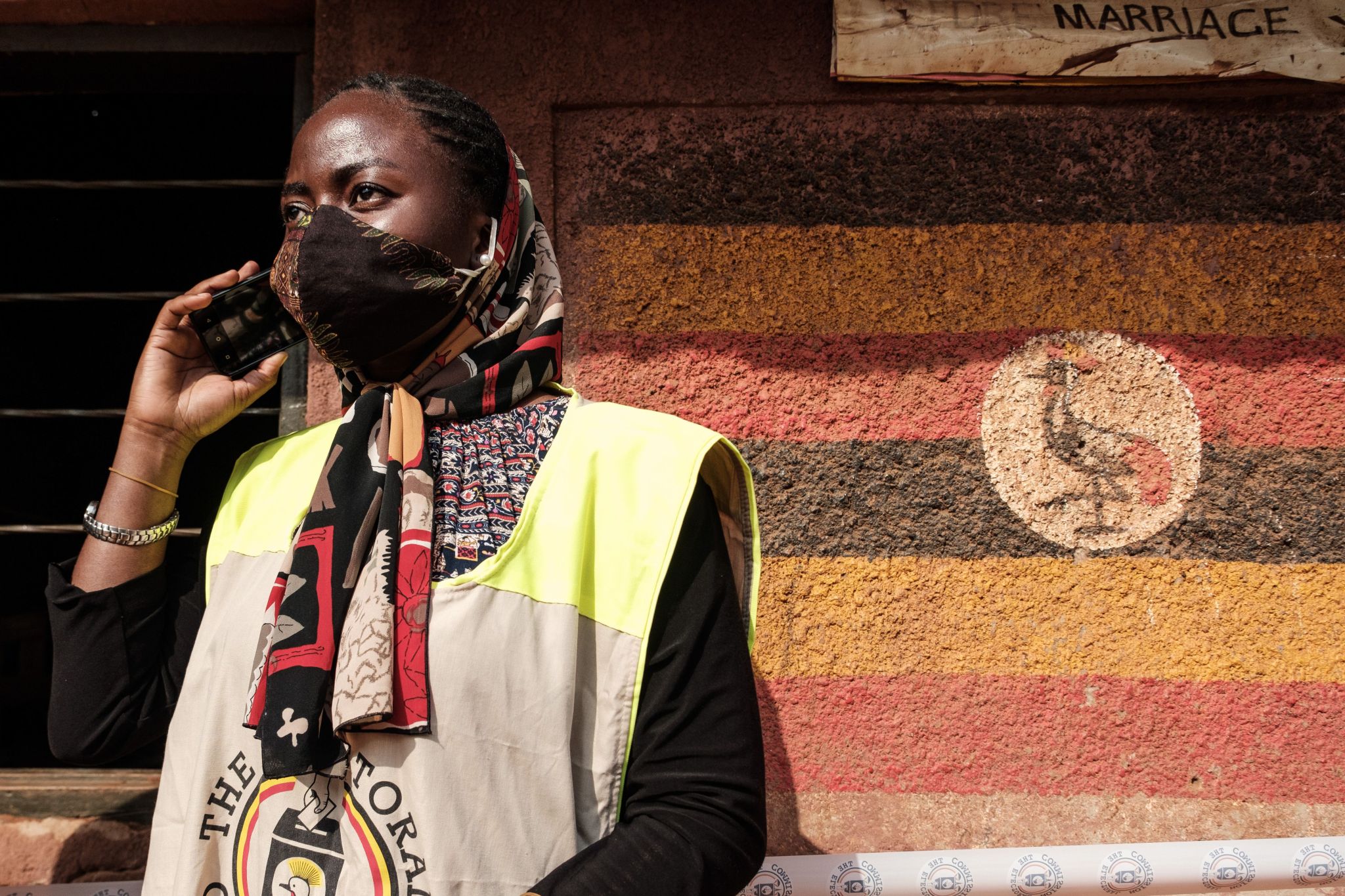
IRI’s work in Uganda focuses on electoral integrity, political party development, making legislatures stronger and more responsive to their constituents, civic education, and civil society (CSO) advocacy.
In its work on election integrity, IRI helps stakeholders such as CSOs and political parties better understand and interpret electoral trends. As part of this work, IRI has developed an election data portal that displays Uganda’s presidential election results from 2021, 2016, 2011, and 2006 in a searchable, user-friendly platform. For the first time in Uganda, CSOs and politicians can access information from the portal to inform their operations, allowing them to execute targeted voter education projects, election monitoring, and political campaigns based on trends, patterns, and performance in past elections.
Since 2009, IRI has provided technical and financial support for organizations that advocate for stronger democratic practices. This has led to greater citizen involvement in politics, including women’s participation, and stronger support for political dialogue among young people.
IRI is working to expand the capacity of governing institutions and has joined with political party leaders and youth groups to convene cross-party discussions on the Political Parties and Organizations Amendment Act of 2020, which promotes political participation for women, youth, and people with disabilities, as well as other vulnerable groups. IRI is also helping political parties use data to target potential party recruits and organize grassroots campaigns.

From Kenya to Ukraine and beyond, democracies are on the frontlines in the war against disinformation and corruption on every…
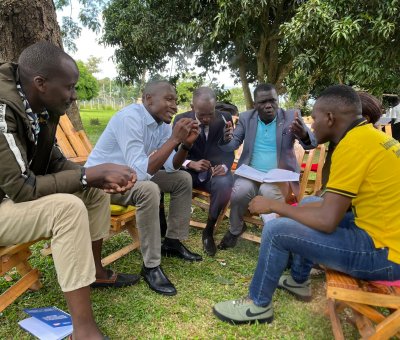
In Uganda’s current multiparty system, political parties are key contributors in the policymaking process. Concurrently, Uganda has one of the…
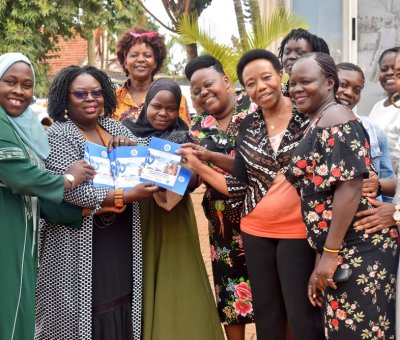
Since Uganda’s 2005 referendum, which ushered in the multiparty system of government, women political leaders have struggled to secure leadership…
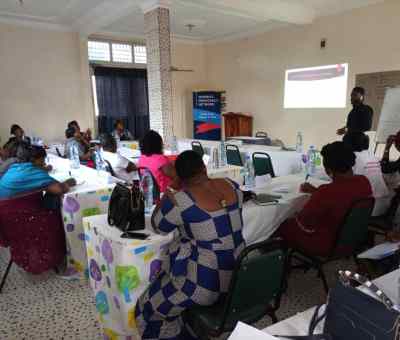
As women’s history month comes to a close, IRI’s Women’s Democracy Network (WDN) is showcasing how policy development can create…

